
The Yukon declared a substance use health emergency yesterday but some say it is not enough.
Lyndsay Amato is a Carcross/Tagish First Nation Citizen who lost her brother to an overdose in August of 2017, he had just turned 40.
“Jay was just an incredible personality,” Amato told CHONfm.
She remembers him as a hard working, passionate, and loveable guy who cared about inclusive employment for Indigenous people - something advocated for through his job with the public service commission.
“I’ll never ever forget him and his crazy funny stories and his loud amazing laugh and his big tight hugs. I miss him so much,” said Amato.
Amato organized a vigil last weekend after her First Nation lost three people to drugs and declared a state of emergency. The commemoration was one of many held on Saturday as people all over the Yukon came together, demanding action to fight the opioid crisis.
Yesterday the territory’s Minister of Health and Social Services Tracey-Anne McPhee declared substance use health emergency as the Yukon leads the country in opioid deaths. During the first seven days of the new year, four Yukoners died from illicit substances and just this week, three more fatalities have been reported and are awaiting toxicology results. The Yukon has seen a 475 percent increase increase in drug deaths from 2019 to 2021. Last year there were a record number of 23 drug related fatalities and three more are still under investigation.
“Far too many are dying in our communities and here in Whitehorse,” said McPhee at a press conference.
McPhee told media that the declaration doesn’t give the government any more power to help and referred to it as a “call to action.” McPhee did however make some commitments like an "aggressive" public education campaign, the expansion of drug testing and safe supply to rural communities, and a nurse to bring people from the shelter in Whitehorse to the supervised consumption site.
The Yukon’s NDP leader Kate White says the promises are good, but she hopes they become reality sooner rather than later.
“I’m skeptical and a little bit disappointed, but there is hope here,” White said in a phone call with CHONfm.
“Like a lot of folks, I was relieved that the Yukon government is finally saying something about the issue and then also, you know, a little bit disappointed because this is the same Yukon government who has dragged their feet on the very same issue while people have continued to die around us,” said White.
“It’s going to be the pressure from people on the ground. It’s going to be the pressure from families and communities, drug users themselves, NGOs, all of these folks will pressure the Yukon government to do the right thing,” White added.
White says people in rural Yukon need access to counselors and communities need to feel supported.
Amato agrees. She says that the government acknowledging that there is an emergency in the Yukon is nice and she is glad that something is being done, but she still has questions.
“[I] definitely would like to hear from the First Nations across the territory more thoroughly about what their reaction is and what steps they want to take but still, I feel that it’s not enough and I would like to see more being done,” said Amato.
Amato says going forward there should be an emphasis on harm reduction with a non-judgemental lens and she wants to see more support workers in rural communities. She continues to advocate for action and is encouraging people to join the Facebook group “Healing the Yukon."
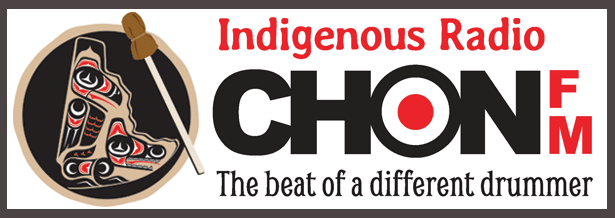

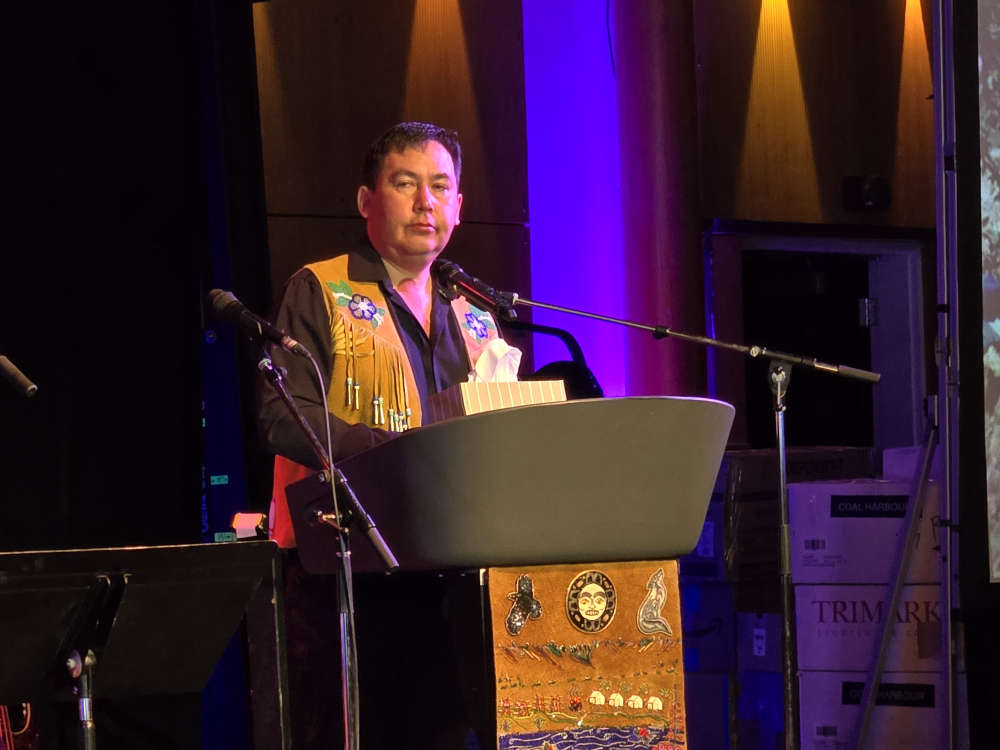 Kwanlin Dün First Nation celebrates 20th Anniversary of Final Agreement
Kwanlin Dün First Nation celebrates 20th Anniversary of Final Agreement
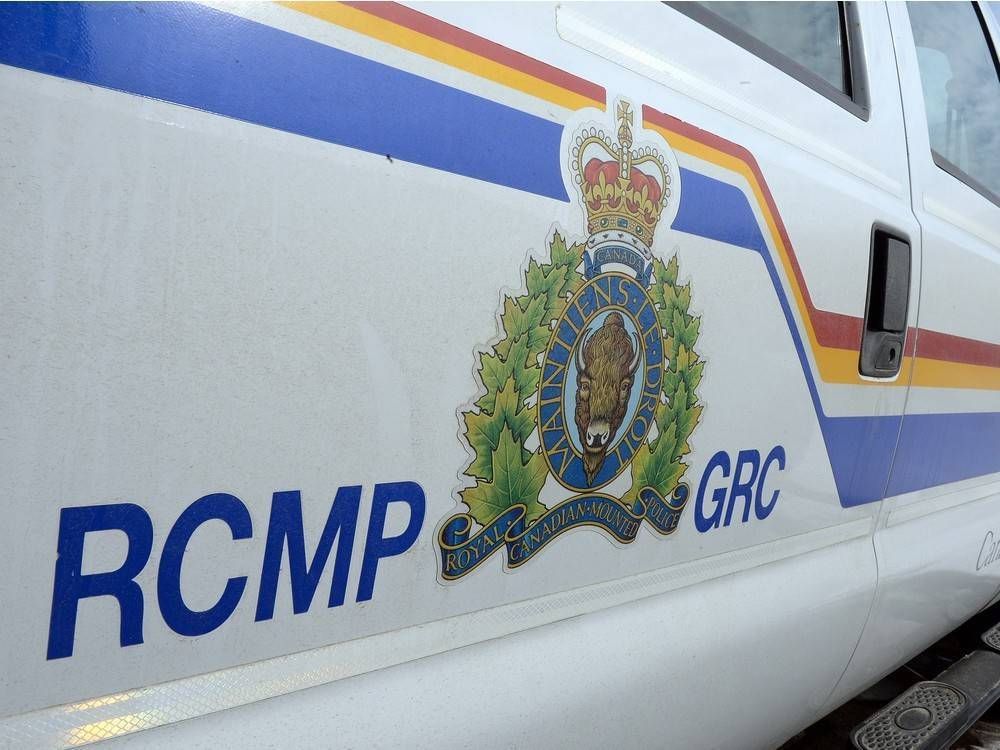 Yukon RCMP Traffic Services are investigating a collision between a police vehicle and a cyclist
Yukon RCMP Traffic Services are investigating a collision between a police vehicle and a cyclist
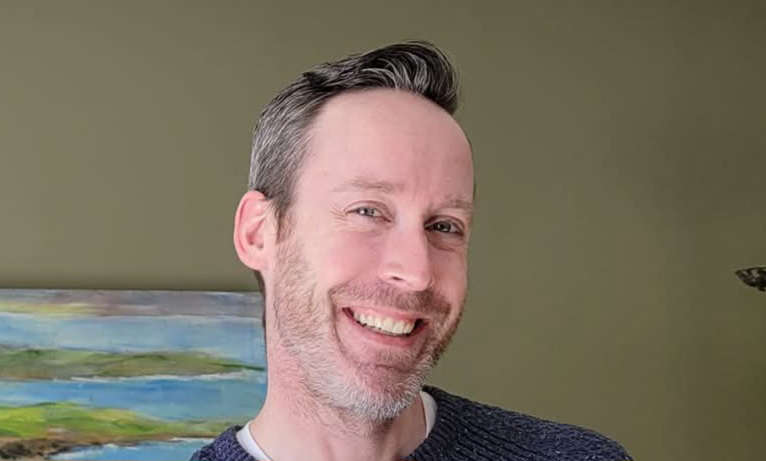 Former teacher calls out education minister for inaction
Former teacher calls out education minister for inaction
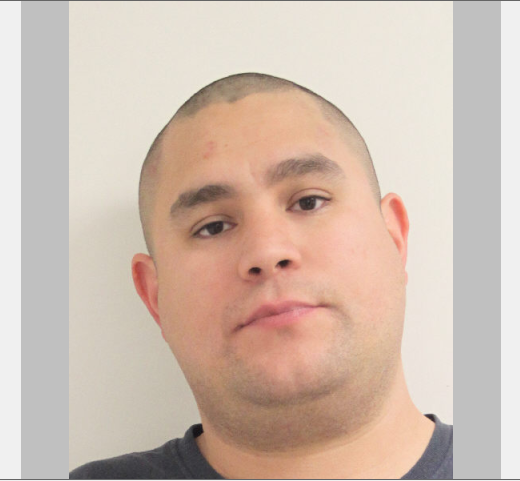 Yukon RCMP issue arrest warrant
Yukon RCMP issue arrest warrant
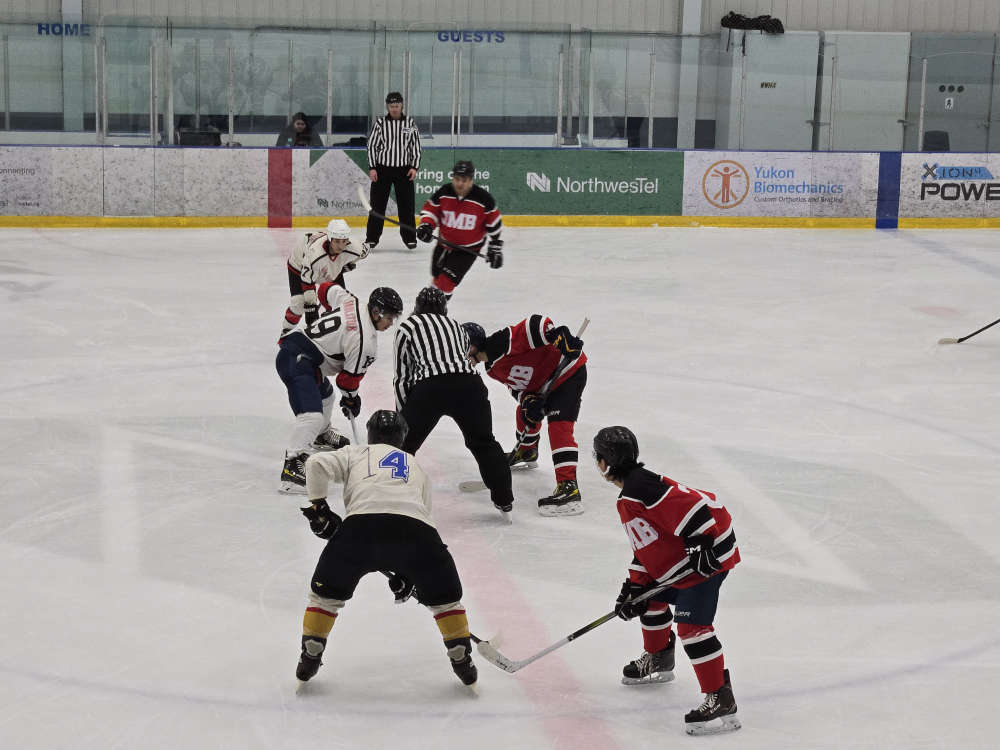 Yukon Native Hockey Tournament kicks off its 45th anniversary with more teams than ever before
Yukon Native Hockey Tournament kicks off its 45th anniversary with more teams than ever before
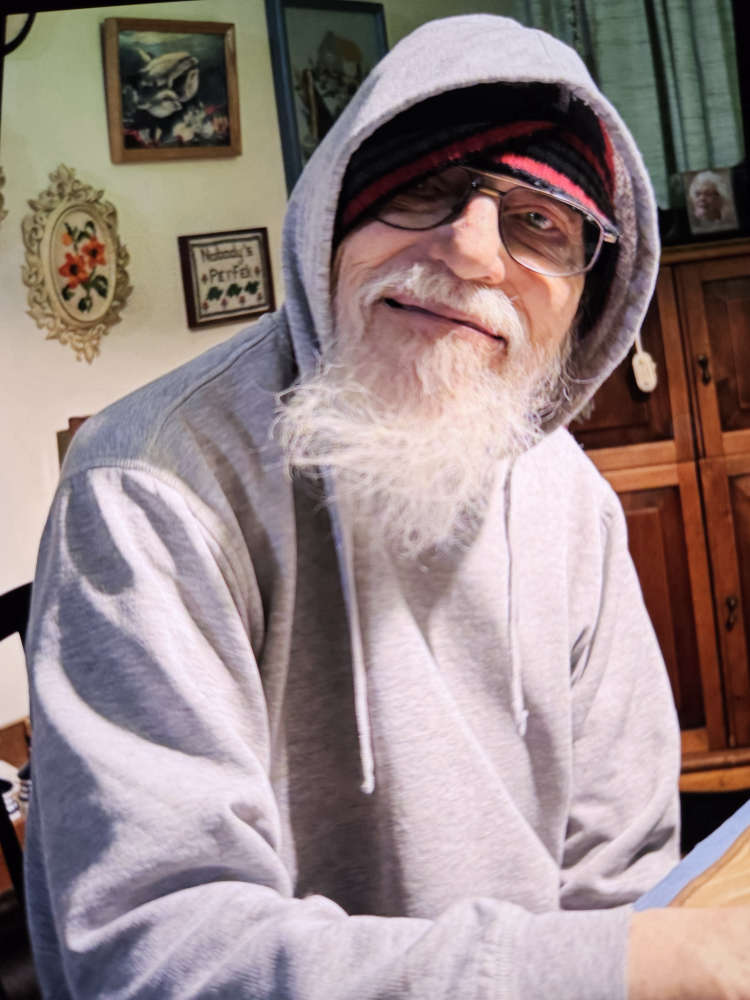 Whitehorse RCMP search for missing man
Whitehorse RCMP search for missing man
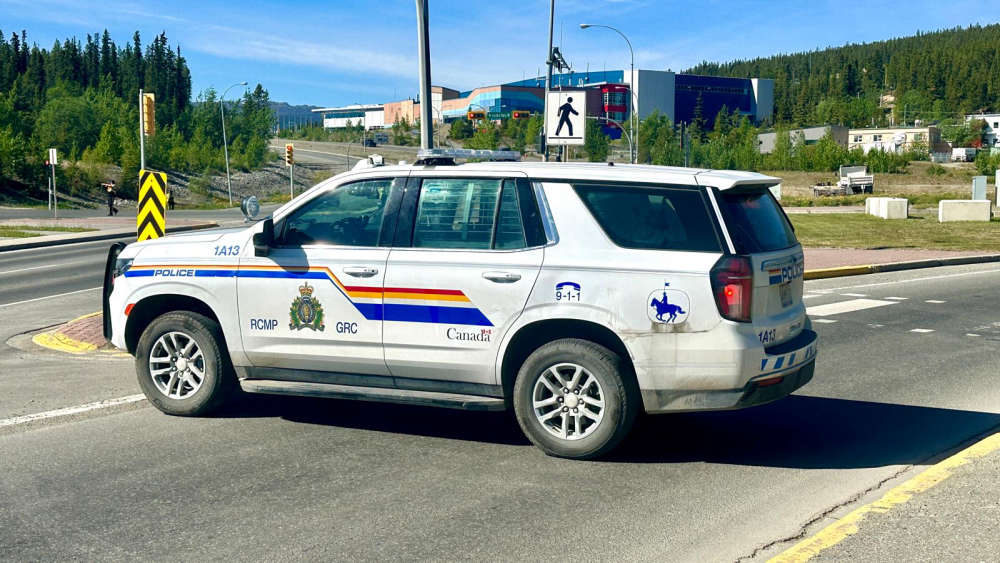 B.C. man, two Watson Lake residents arrested on warrants in Whitehorse
B.C. man, two Watson Lake residents arrested on warrants in Whitehorse
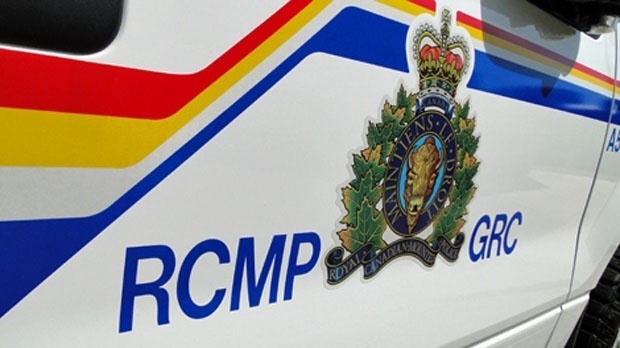 Ross River RCMP arrest two men in separate, unrelated investigations involving stolen rifles
Ross River RCMP arrest two men in separate, unrelated investigations involving stolen rifles
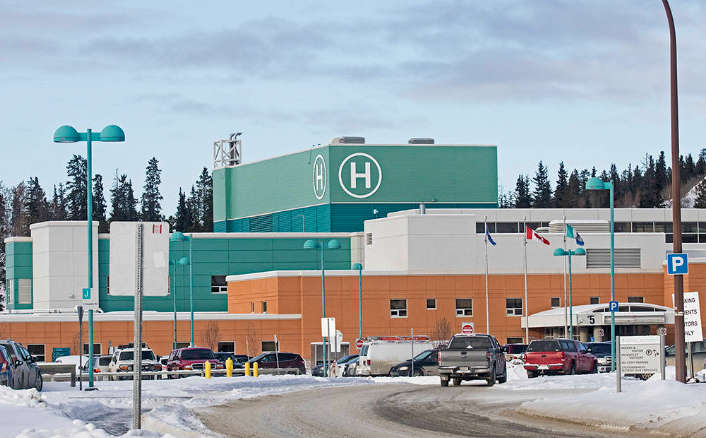 Medical Staff Association president raise "significant concerns" surrounding acute care at Whitehorse General
Medical Staff Association president raise "significant concerns" surrounding acute care at Whitehorse General
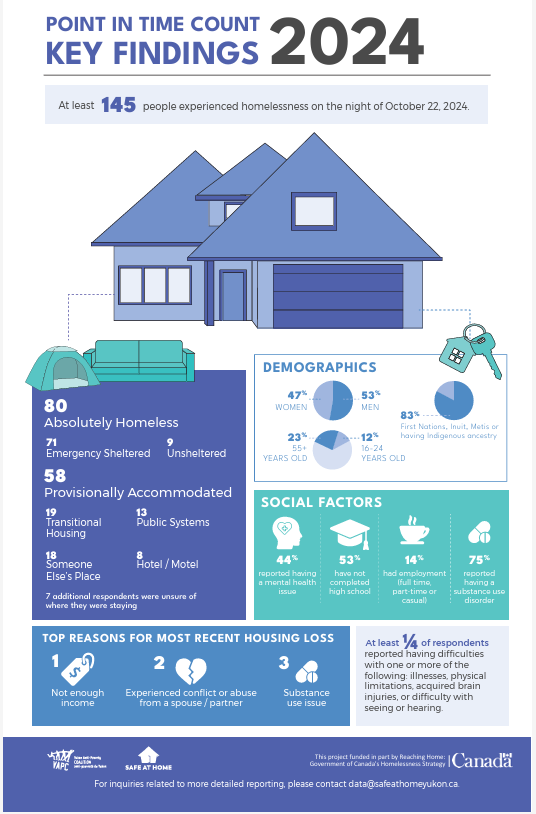 Whitehorse count indicates 83 per cent of homeless in 2024 were Indigenous
Whitehorse count indicates 83 per cent of homeless in 2024 were Indigenous
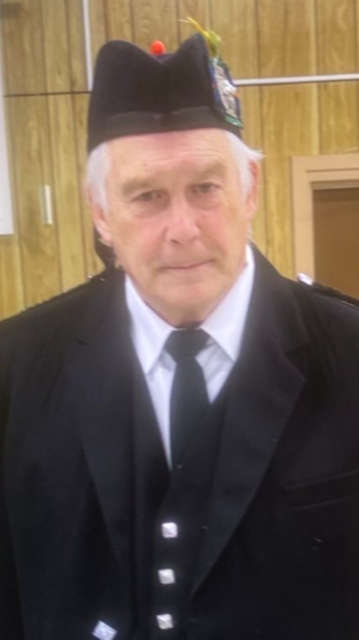 Whitehorse RCMP seek public's help in locating missing 73-year-old man
Whitehorse RCMP seek public's help in locating missing 73-year-old man
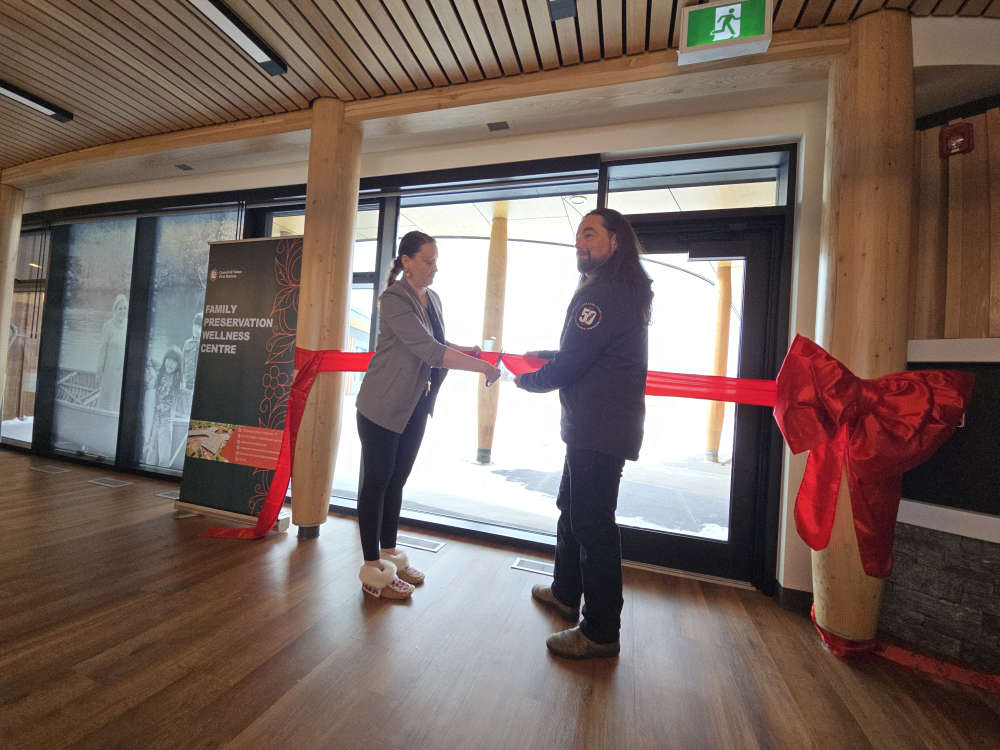 CYFN opens new wellness centre in Whistle Bend
CYFN opens new wellness centre in Whistle Bend
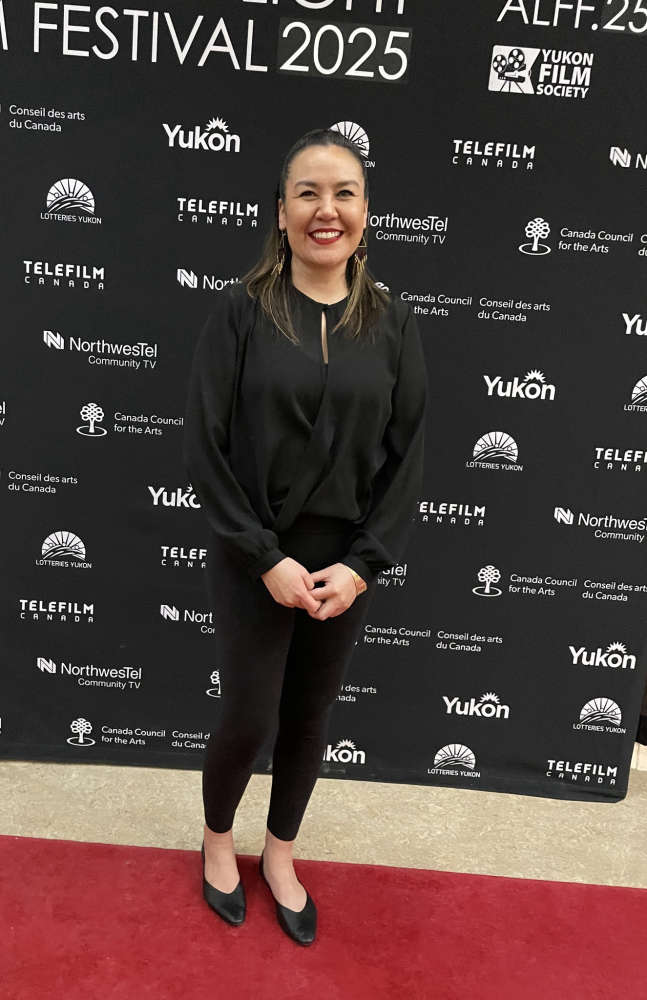 'Old Crow a Philosophy' makes global premiere at YAC
'Old Crow a Philosophy' makes global premiere at YAC
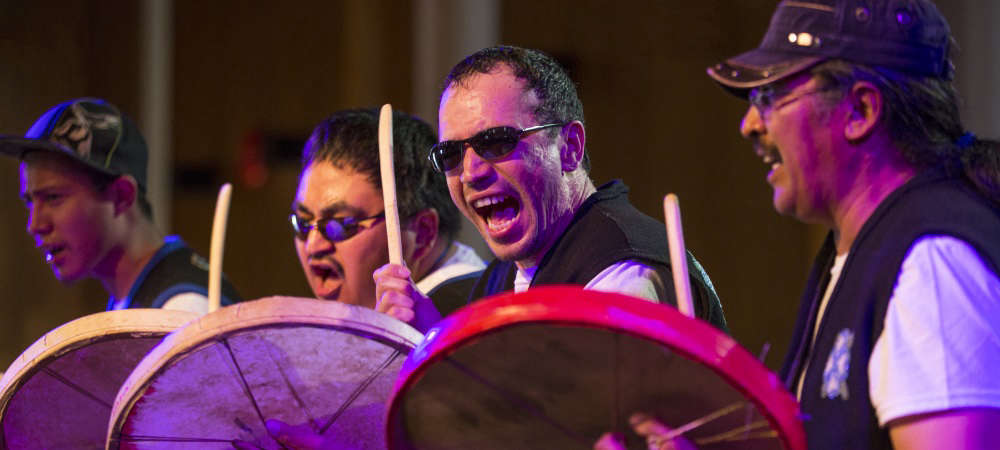 Yukon First Nations Culture and Tourism Association cancels events for 2025, including Adäka Festival
Yukon First Nations Culture and Tourism Association cancels events for 2025, including Adäka Festival
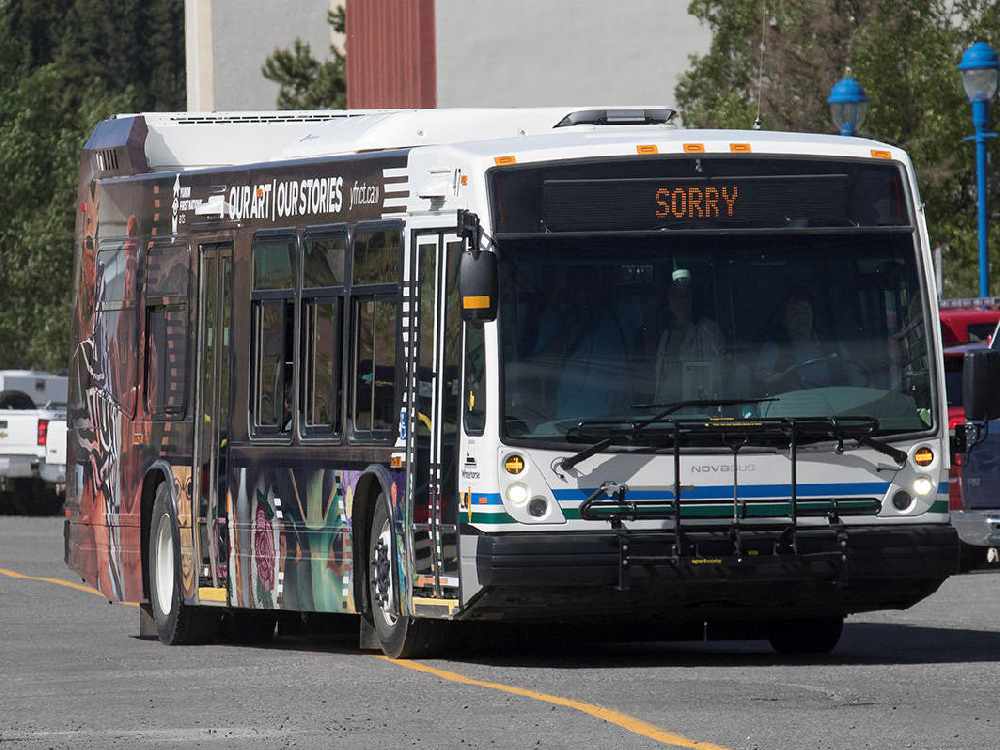 Whitehorse residents and Yukon NDP speak out against a proposed transit fare hike
Whitehorse residents and Yukon NDP speak out against a proposed transit fare hike
 Diane Strand wins Haines Junction mayoral byelection
Diane Strand wins Haines Junction mayoral byelection
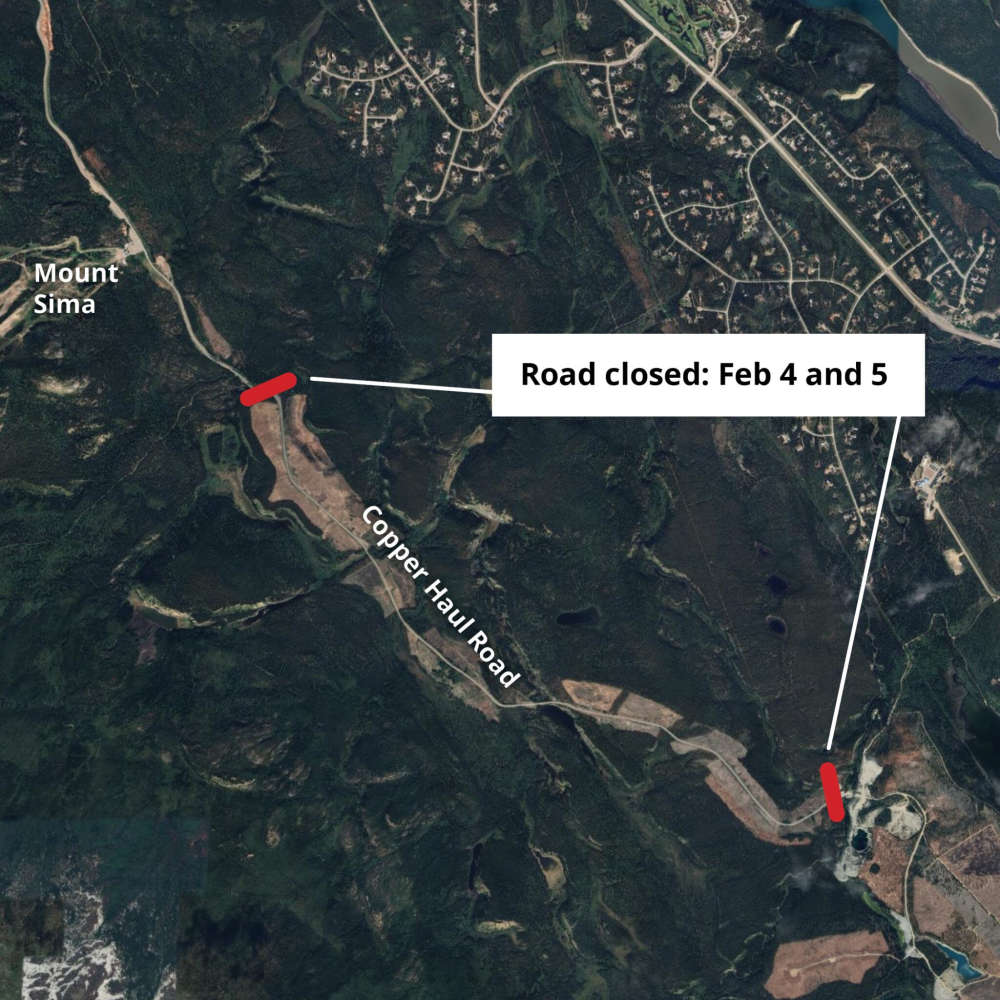 Copper Haul Road closure announced for bridge repairs
Copper Haul Road closure announced for bridge repairs
 Yukon Government and Canadian Government partner to boost local businesses
Yukon Government and Canadian Government partner to boost local businesses